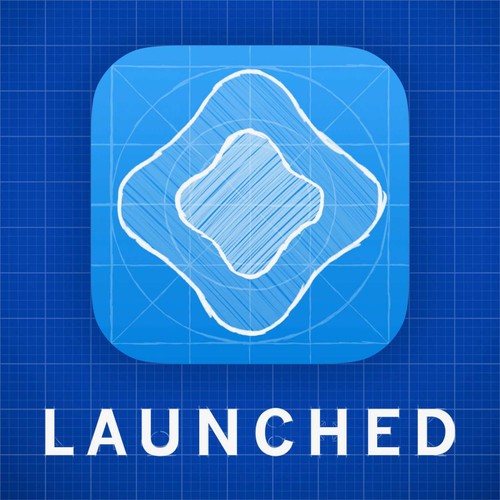
 Launched
Launched 77: AltStore - Riley Testut
4 snips
Feb 12, 2025 Riley Testut, a talented app developer known for the iOS emulator Delta and the AltStore, shares his inspiring journey from Dallas to the world of app creation. He discusses the challenges of navigating Apple's strict app approval processes and the community-driven spirit behind AltStore’s creation. Riley also delves into the emotional ups and downs of solo development, emphasizing the need for collaboration and support among indie developers. His experiences highlight the importance of passion, innovation, and the quest for independence in tech.
AI Snips
Chapters
Transcript
Episode notes
Humble Beginnings
- Riley Testut's first app, Shoot Around, featured lasers overlaid on the camera feed.
- All design elements were created in Microsoft Paint due to his unfamiliarity with Mac design tools.
Early App Store Success
- Testut's second app, Camera Prime, included then-missing iPhone features like zoom and burst mode.
- This app earned him several hundred dollars monthly during high school, motivating him further.
Accidental Emulator
- Testut discovered an open-source Game Boy Advance emulator and spent three months making it work on non-jailbroken iPhones.
- This led to the creation of GBA4iOS, initially released on GitHub.

